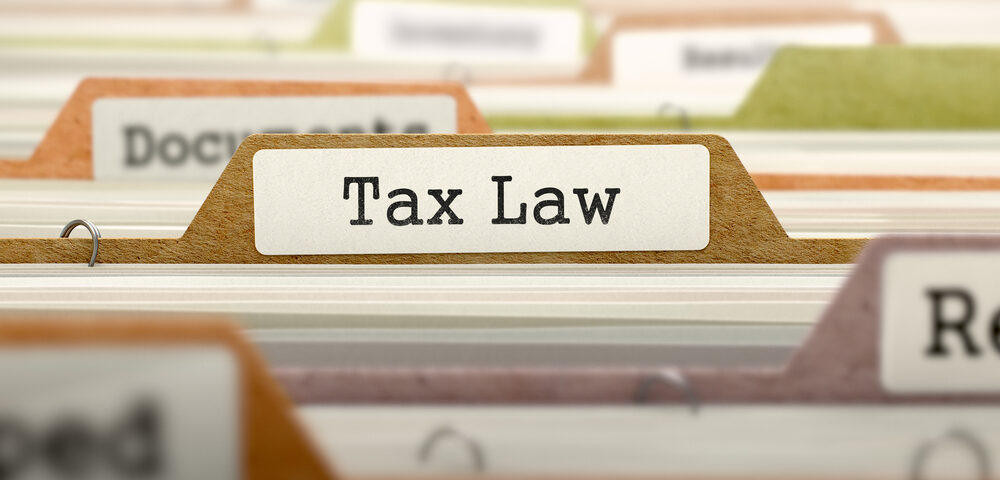
Handle Mutual Funds Carefully at Year End
November 10, 2020
IRS Updates Numerous COVID-19 Leave Related FAQs
December 1, 2020Most states with a sales tax have enacted “economic nexus” laws that expand the reach of their sales tax collection activities beyond their borders. This article urges businesses to reassess their sales-tax compliance obligations, especially as online transactions soar because of the COVID-19 crisis.
Businesses should review sales tax laws
It’s been more than two years since the U.S. Supreme Court ruled in South Dakota v. Wayfair that states may require out-of-state sellers to collect sales and use tax even if they lack a physical presence in a state. Since that time, most states that have a sales tax have enacted “economic nexus” laws that expand the reach of their sales tax collection obligations beyond their borders.
Many of these laws are similar to the one upheld in Wayfair. It applies to sellers that, on an annual basis, deliver more than $100,000 in goods or services into the state or engage in 200 or more separate transactions for the delivery of goods and services into the state. Some states have eliminated the number-of-transactions threshold, to avoid applying their laws to small sellers, such as those that sell 250 items at $1.50 each.
Since the COVID-19 pandemic was declared, online transactions have soared. If your business sells products or services in states in which it lacks a physical presence, review the economic nexus laws in those states and assess their sales-tax-compliance impact. Also, some states have issued specific guidance on whether telecommuting employees temporarily working in a state because of the COVID-19 crisis create nexus for an employer who doesn’t operate in that state. We can help you explore and respond to these matters.





